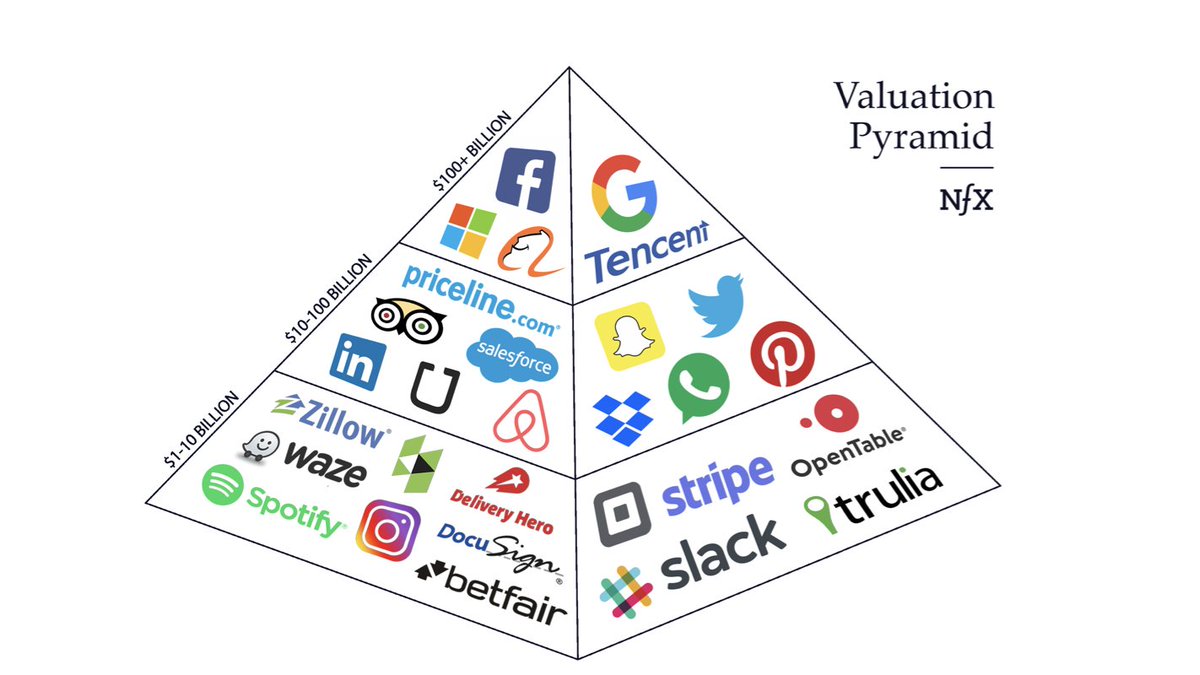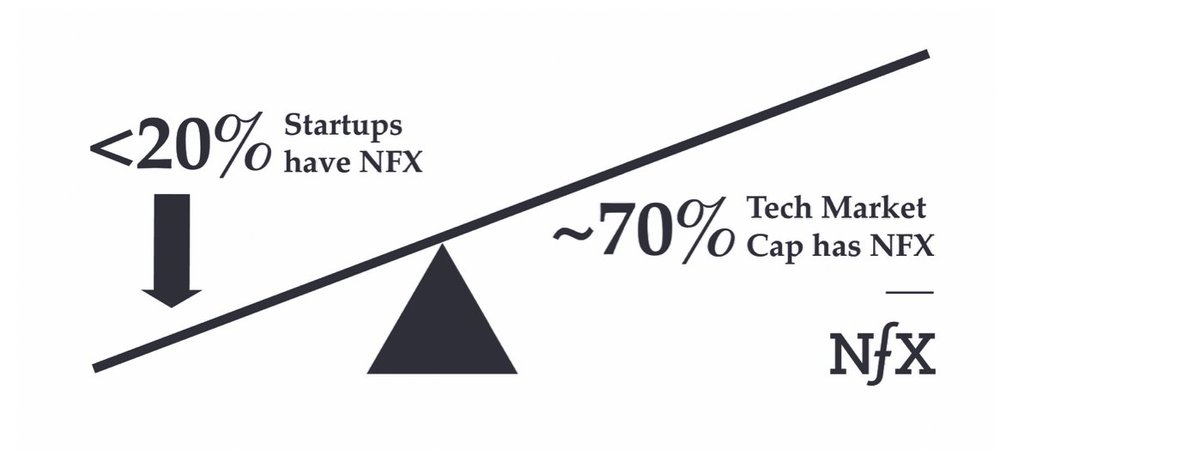Great Founder Theory: samoburja.com/wp-content/upl…
Other writing: samoburja.com
Great man theory looks at history through the lens of the individuals who shaped it.
Technological determinism explain events in terms of the technologies that enabled them.
Progressivism looks at history through the lens of increasing social justice.
Society flourishes by having functional institutions
Great Founder Theory focuses on how great founders create (or rebuild) functional institutions that enable (sustained) flourishing
It might, for example, complete the construction of infrastructure so important it changes the course of economic development for centuries to come, such as ancient China’s grand canal or...solving COVID.
The creation of functional institutions is the means by which people are hugely impactful."
Institutions often resist change, and diagnosing dysfunction is hard, as it usually has many causes
This explains Thiel’s law: a founder’s best shot at creating a functional institution is to get it from the start.
A live player is a person or a tightly coordinated group of people that is able to innovate (startup mentality).
A dead player is a person or a group of people that is working off a script, incapable of doing new things. (incumbent mentality)
Understanding a player is live means you can collaborate with them and you should be mindful of their path to power
To revive a dead player, you have to displace an existing power structure
Succession challenge.
Power succession: Who takes over
Skill succession: How do they gain the skills.
Rome solved this by "adopting" someone early and ensuring their training
That we praise this process indicates we've resigned ourselves to failed succession.
This change would go far in remedying contemporary institutional sclerosis and stagnation.
Put another way: to save time, some competent people will create a system that is meant to do exactly what they want — nothing more and nothing less
(a) trying to do something that you do not have the capacity to do on your own, and
(b) unable to find a competent, aligned person to handle the project for you.
Bureaucracies ameliorate the problem of talent and alignment scarcity.
Owners don’t trust that bureaucrats will be competent or aligned enough to act in line with the owner’s wishes of their own accord.
If low trust, minimize downside (& thus cap upside)
If you have access to a delegate (i.e someone you trust), don’t treat them like a bureaucrat.
A delegate can perform tasks you didn’t know needed doing and build aligned systems beyond your design, a bureaucrat cannot.
Dispersing it wisely decreases friction for certain high impact people to team up and work on certain high impact projects (& vice versa).
It is how we replenish this social capital, which in turn powers the social fabric that enables these people to do what they do.
Without it, you can’t go to space. (e.g. Elon helping make space cool & feasible)
The ruler uses his prestige to regulate overall status, so that the right people & the right behaviors win, solving coordination problems & tragedies of the commons.
Glory is a better motivator than money.
The danger of copying:
Once a tradition is lost, you are making photocopies of photocopies.
A crucial difference between organisms & organizations is that organizations do not undergo natural selection.
Since the fidelity of transmitting intricate social technologies is so low, complex adaptations cannot arise.
Much of our foundational knowledge was built on that ~13% Imagine how much we'd have if we'd found more?
e.g. a blacksmith learns to craft well-balanced swords through direct practice and correction from a master — not by reading a textbook.
My 4/1 assist to turnover ratio in pick up b-ball—you can't teach that.
Without YT, much tactic knowledge turned into intellectual dark matter.
YT searches in the “how-to” category have grown 70% year-on-year.
Perhaps as influential as printing press or telegraph.
Did a couple podcasts w/ him:
stitcher.com/podcast/villag…
podcasts.apple.com/us/podcast/wha…




